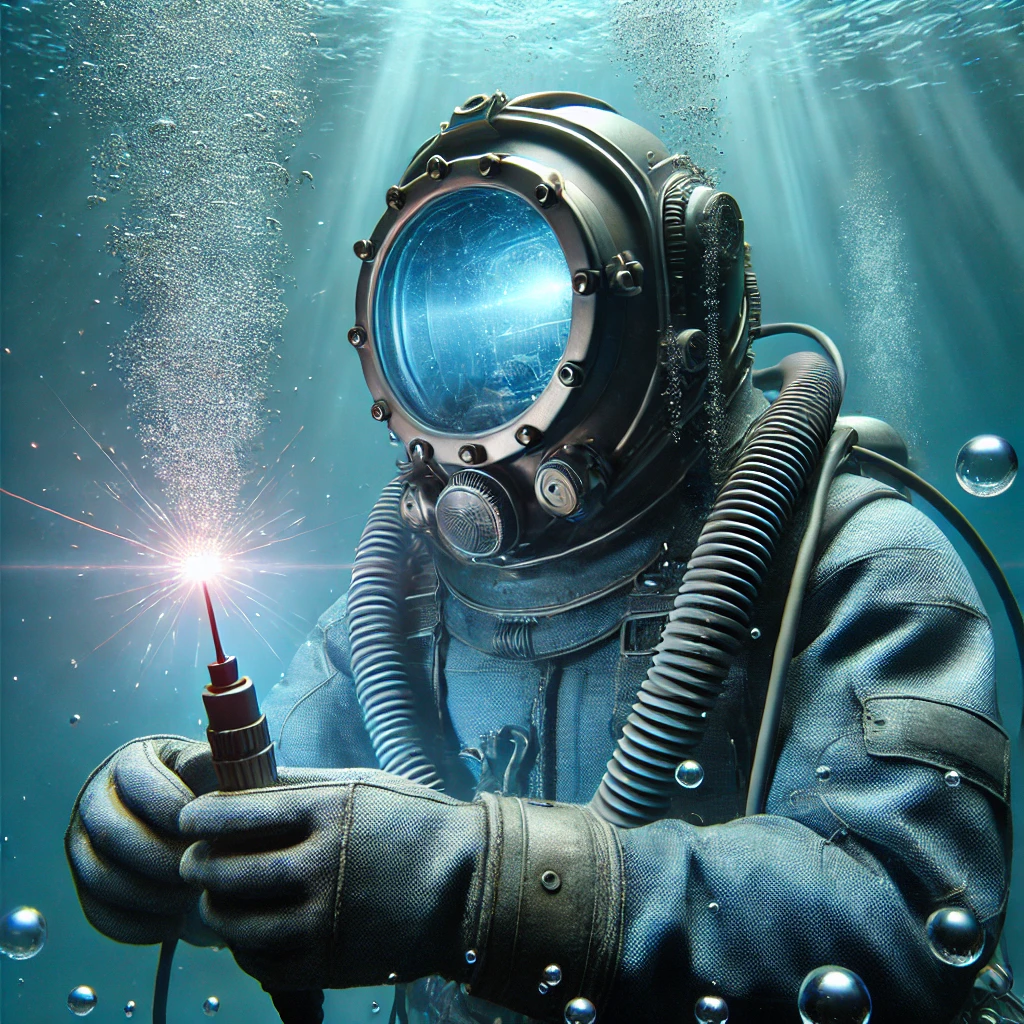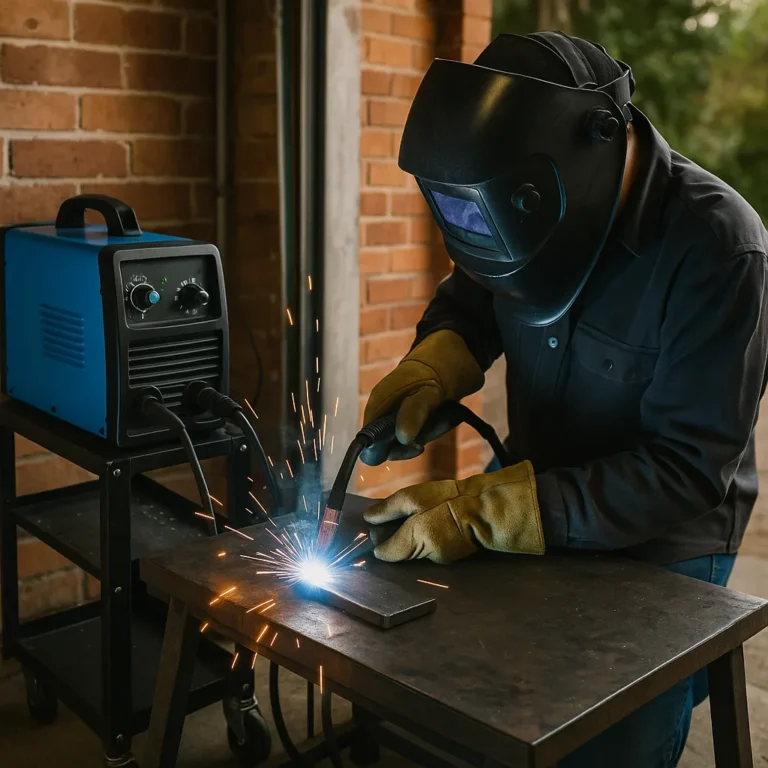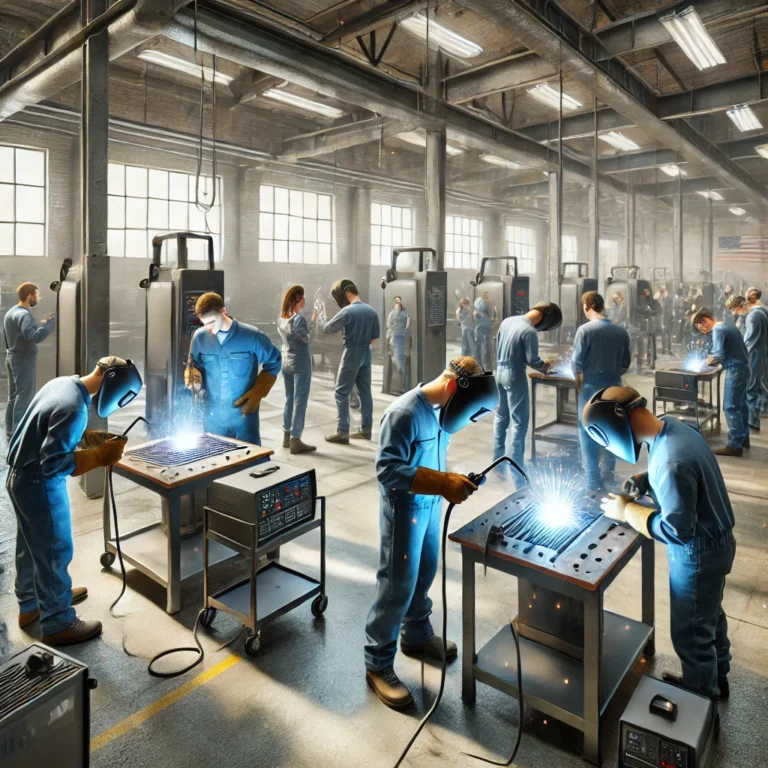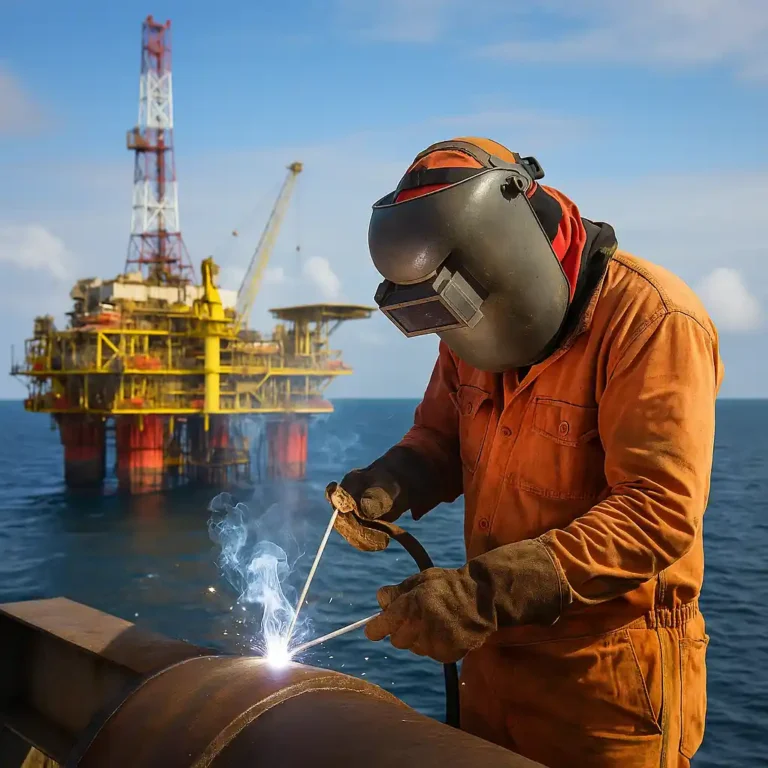The Hidden Wealth of the Deep: How Much Do Underwater Welders Make a Year?

Underwater welding is one of the most challenging and rewarding careers in the skilled trades. Combining technical welding skills with the ability to dive in hazardous conditions, this profession demands both mental and physical endurance. But what makes it truly intriguing is the potential salary. So, how much do underwater welders make a year? Let’s dive in.
Understanding the Role of an Underwater Welder
Underwater welders specialize in performing welding tasks beneath the surface, often on oil rigs, ships, pipelines, and other submerged structures. The job is not just about fusing metal—divers must also handle inspection, maintenance, and repair of critical infrastructure. Because of the risks and specialized skills required, this profession is well-compensated.
Salary Range for Underwater Welders
The salary of an underwater welder can vary widely based on experience, location, and the type of projects they undertake. On average, entry-level underwater welders can expect to earn between $40,000 and $60,000 per year. However, experienced professionals working on offshore oil rigs or high-risk commercial projects can earn upwards of $100,000 to $200,000 annually.
Factors That Affect Earnings
- Experience: As with most careers, underwater welders with years of experience command higher pay.
- Certifications: Credentials such as commercial diving certifications, AWS welding certifications, and safety training can significantly boost earning potential.
- Location: Offshore projects in remote locations often pay more due to the hazardous environment and extensive travel requirements.
- Project Type: Maintenance jobs may offer moderate pay, while high-risk projects like pipeline repairs or offshore rig welding often come with substantial bonuses.
Dangers and Risks
While the financial rewards are tempting, underwater welding is considered one of the most dangerous jobs in the world. Welders face hazards such as decompression sickness, electric shock, and equipment failure. This risk factor is part of what drives the high earning potential.
How to Become an Underwater Welder
To pursue this career, you’ll need:
- Certification in commercial diving
- Welding training with a focus on underwater techniques
- Physical fitness and strong swimming skills
- A willingness to work in demanding, sometimes unpredictable environments
Conclusion
Underwater welding can be an exciting career path for those who enjoy hands-on work and thrive in challenging environments. While the risks are significant, the financial rewards can be substantial for those with the right skills and mindset.
Related Articles You Might Find Helpful
For further insights into the welding industry, check out these helpful posts:






